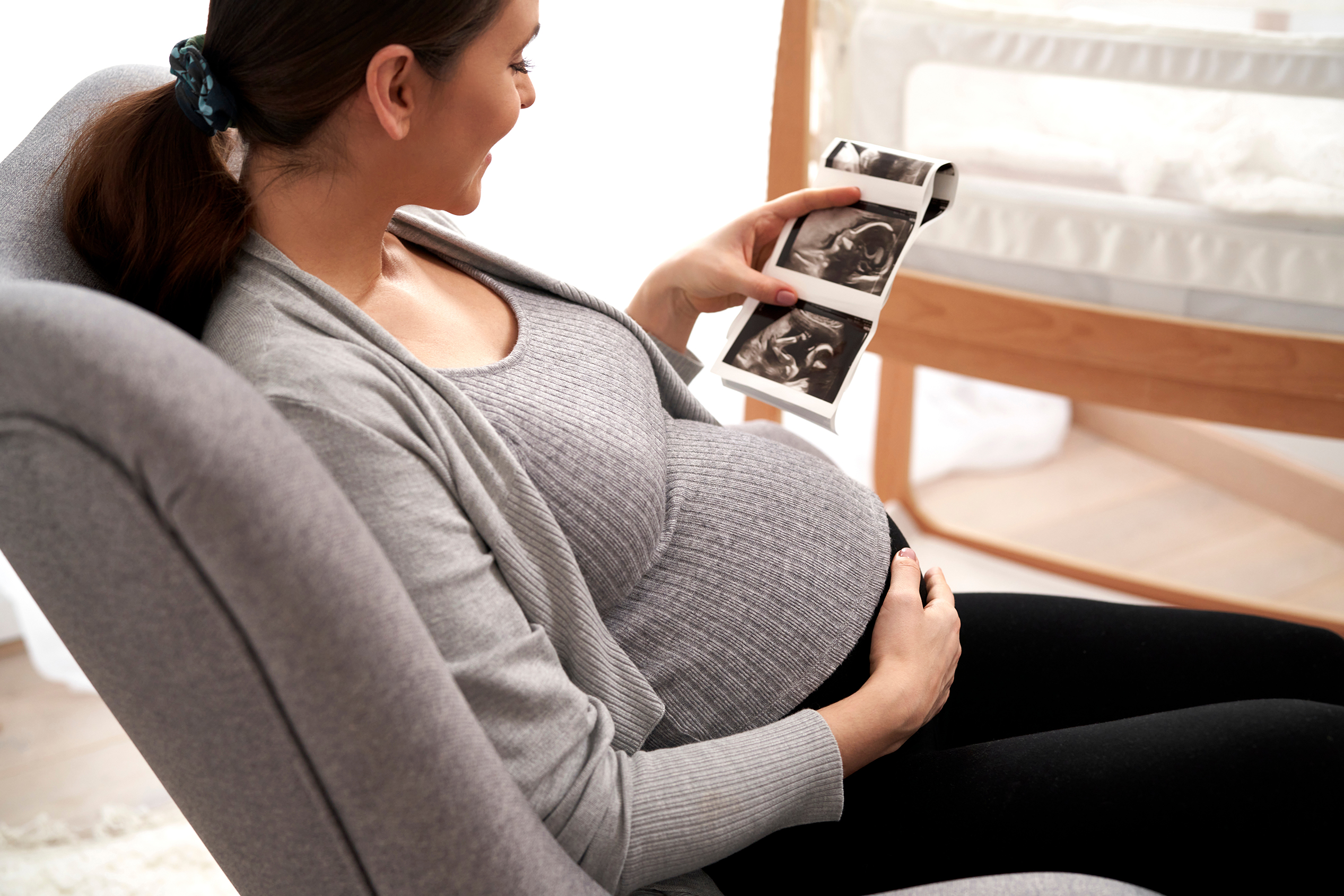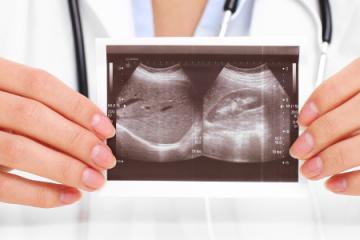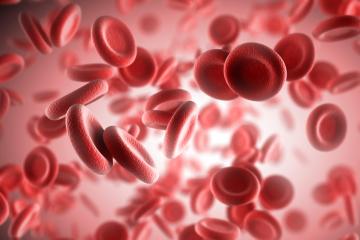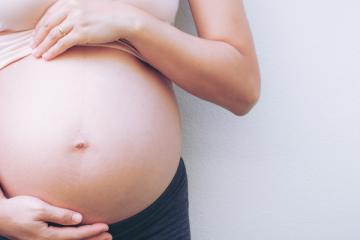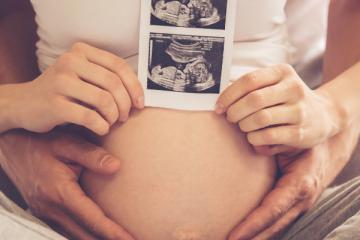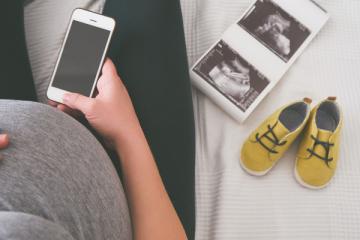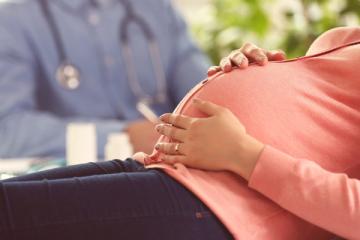Are there incompatible blood groups in pregnancy? If so, what may the fetus risk? And what is Rh factor? What happens if I am pregnant and find out that I am Rh negative while the father of the unborn child is Rh positive? There are still many questions and, above all, fears, doubts and ‘hearsay’ […]
Intrauterine transfusions: In the presence of severe fetal anemia, valuated measuring the peak velocity of the systolic blood flow of the median cerebral artery, if the fetus did not reach a reasonable gestational age to born and if the hematocrit is &
Rh disease consists in a woman with Rh Negative blood has a child with Rh Positive blood. This can happen (about 75% of the time) if the father is Rh Positive.
Blood type changes for each one. We are familiar with the designations: A, B, O, for example. You will also see a plus
Rh antigens are explicitly expressed on the surface of red blood cells (RBCs) in humans and higher primates.
Immunization to the D antigen requires exposure of an Rh-negative individual to Rh-positive RBCs.
Without intervention, approximately 8% to 17% of mothers in Rh-incompatible pregnancies become immunized at delivery (postpartum) and another 1% to 2% become immunized during pregnancy (an
Rh Negative women had a terrifying prospect. One day, a remarkable medical breakthrough in the 1960s resulted in a protective treatment. A simple, effective and inexpensive treatment.This prophylaxis was against Rh sensitization.
Rhesus disease prevention started 50 years ago, in 1968, when anti-D globulin was introduced to prevent the so-called Rhesus disease.
Before anti-D, until the 1960s, there was no method available to prevent Rh immunization during Rh-incompatible pregnancies. Passive antibody immunosuppression is an immunologic phenomenon.
The spectrum of HDFN disease has positively changed in the last decade with the implementation of Rhesus D immunoprophylaxis.
Any woman, even before pregnancy, should carry out the determination of the blood type and should know if it’s Rh negative or Rh positive.
At birth, the clinical picture of HDFN pathology is variable in relation to the severity of the disease.
Prof. Visser
FIGO is a world organization of obstetrics and gynecology representing 40 countries, it has different subcommittees and at this moment…
Are there incompatible blood groups in pregnancy? If so, what may the fetus risk? And what is Rh factor? What happens if I am pregnant and find out that I am Rh negative while the father of the unborn child is Rh positive? There are still many questions and, above all, fears, doubts and ‘hearsay’ […]
Intrauterine transfusions: In the presence of severe fetal anemia, valuated measuring the peak velocity of the systolic blood flow of the median cerebral artery, if the fetus did not reach a reasonable gestational age to born and if the hematocrit is &
Rh disease consists in a woman with Rh Negative blood has a child with Rh Positive blood. This can happen (about 75% of the time) if the father is Rh Positive.
Immunization to the D antigen requires exposure of an Rh-negative individual to Rh-positive RBCs.
Without intervention, approximately 8% to 17% of mothers in Rh-incompatible pregnancies become immunized at delivery (postpartum) and another 1% to 2% become immunized during pregnancy (an
The spectrum of HDFN disease has positively changed in the last decade with the implementation of Rhesus D immunoprophylaxis.
Any woman, even before pregnancy, should carry out the determination of the blood type and should know if it’s Rh negative or Rh positive.
At birth, the clinical picture of HDFN pathology is variable in relation to the severity of the disease.
Rh Negative women had a terrifying prospect. One day, a remarkable medical breakthrough in the 1960s resulted in a protective treatment. A simple, effective and inexpensive treatment.This prophylaxis was against Rh sensitization.
Rhesus disease prevention started 50 years ago, in 1968, when anti-D globulin was introduced to prevent the so-called Rhesus disease.
Before anti-D, until the 1960s, there was no method available to prevent Rh immunization during Rh-incompatible pregnancies. Passive antibody immunosuppression is an immunologic phenomenon.
Prof. Visser
FIGO is a world organization of obstetrics and gynecology representing 40 countries, it has different subcommittees and at this moment…




